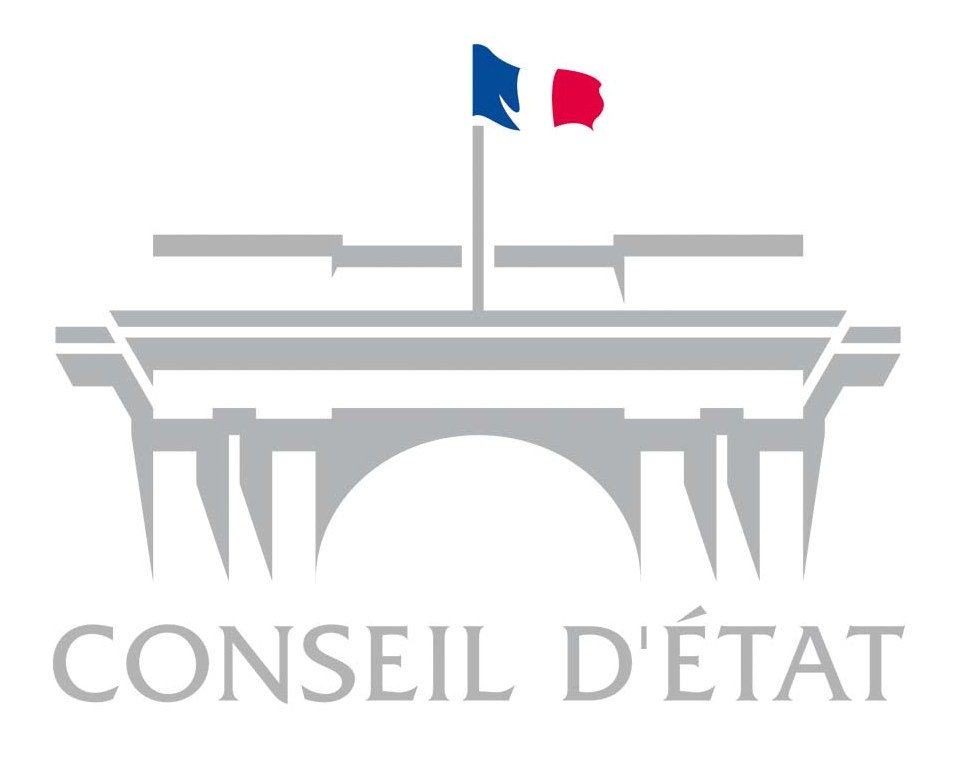
|
| , - |
|
| Raymond Aron (2ème étage), Université Paris-Dauphine |
9th Dauphin Regulatory Conference
When applied to competitive markets, economic regulation is expressed in a contractual universe (e.g. network connection contracts, "concession" contracts). This approach is not exclusive of a certain contractualisation of economic regulation as seen through multi-year performance contracts or economic regulation contracts which highlight the complexity of the relationship between the regulated public company, the State shareholder and the regulator.
The contract then appears not only as an object but also as an instrument for coordinating regulatory actions.
The theme of 'Economic regulation and contract(s)' is approached here through the regulation of the transport and energy sectors, because these sectors, at different stages of opening up to competition and regulation, are exemplary of the diversity of contractual situations encountered in regulated sectors and allow for constructive comparisons and analyses.
In the first round table, regulators, advisers and judges will explain their relationship with the "regulatory contract". Is it an object and/or an instrument of regulation? Is dispute resolution a good instrument for regulating contracts? Is the regulated contract approached differently by the judicial judge and the administrative judge?
In a second round table, regulated companies will present their analysis of the "regulation and contract(s)" issue. How should the multi-annual performance contract and the economic regulation contract be understood in the regulated world? How does the infrastructure manager assess the role played by the regulator in setting charges? How is the economic analysis carried out by the judge understood?
***Download the summary***
The Rencontres dauphinoises de la régulation are organised by the Centre de recherche Droit Dauphine (Cr2D) and the Centre de Géopolitique de l'Energie et des Matières Premières (CGEMP-LEDa), in partnership with the Conseil d'Etat, and with the support of the Chaire Gouvernance et Régulation and Éditions Wolters Kluwerle 14 May 2019


![]()
![]()

























